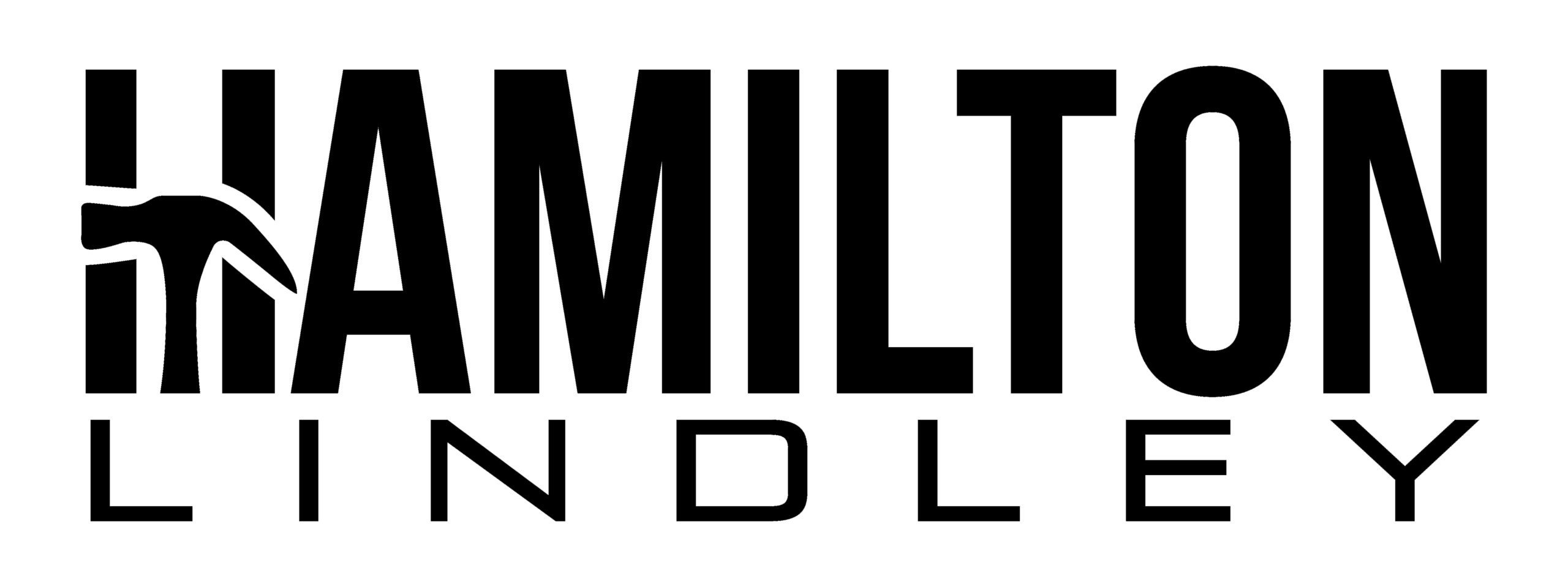Discovering what makes good judgment is an ongoing quest. According to experts, there are six elements of effective judgment: learning, trust, experience, detachment, options, and delivery.
Learning Skills: Listen Carefully, Read Objectively
Good judgment turns learning into understanding. Many leaders make quick decisions because they don’t filter or critically evaluate information. We often don’t digest news properly, filtering out what we don’t expect or want to hear. This issue gets worse with age, and information overload, especially from emails and documents, contributes to the problem.
To Improve: Learn active listening, which includes picking up on unspoken cues and reading body language. Be aware of your filters, defensiveness, or anger, which can block other viewpoints. Look for inconsistencies in written information.
Seek Diversity, Not Validation, for Trust Building
Leadership is a team effort. When making decisions, leaders should tap into the abilities and experiences of others. The quality of a leader’s judgment depends on their advisers and the trust placed in them. Leaders should avoid hiring employees who only repeat and validate their own ideas.
To Improve: Build a network of reliable advisers who provide honest feedback. When hiring, don’t rely solely on performance; consider judgment. Make judgment a key factor in performance evaluations and promotions.
Experience: Make It Applicable, But Not Too Narrow
Leaders use their experience and data when making decisions. Experience gives context and helps identify potential solutions and issues. However, too much focus on a specific area can lead to decisions based on habit, complacency, or overconfidence.
To Improve: Analyze your decision-making based on personal experience. Review your major judgment choices and assess what worked and what didn’t. Broaden your experience, especially if you’re a young leader, by exploring different roles in company operations.
Identify and Challenge Biases with Detachment
Recognizing biases while absorbing information is crucial for sound judgment. Detachment, both mentally and emotionally, is a vital component. However, mastering this skill is challenging.
To Improve: Acknowledge and challenge biases. Encourage participation in role-playing and simulations to consider perspectives other than your own. Use tools to stay aware of biases.
Options: Ask About the Solutions Available
Leaders must choose between at least two options. Smart leaders don’t assume those are the only choices. Poor decisions often happen when potential options and unintended consequences are not explored.
To Improve: Ask about unclear information, question coworkers if critical facts are missing, and consider risks of novel solutions. Understand rules and ethical issues to make better decisions. Think beyond the box without fear.
Delivery: A Factor in Execution Feasibility
Making strategic decisions is essential, but execution is equally important. Wise leaders evaluate the risks of implementation and seek clarification from project supporters. This applies to decisions of all sizes.
To Improve: Ensure the person suggesting an investment has relevant experience. Hold “premortem” talks to uncover potential problems if a proposal fails.
Many skills are required of leaders, but excellent judgment is at the core. While luck and external forces play a role in success, excellent judgment enhances your chances.

